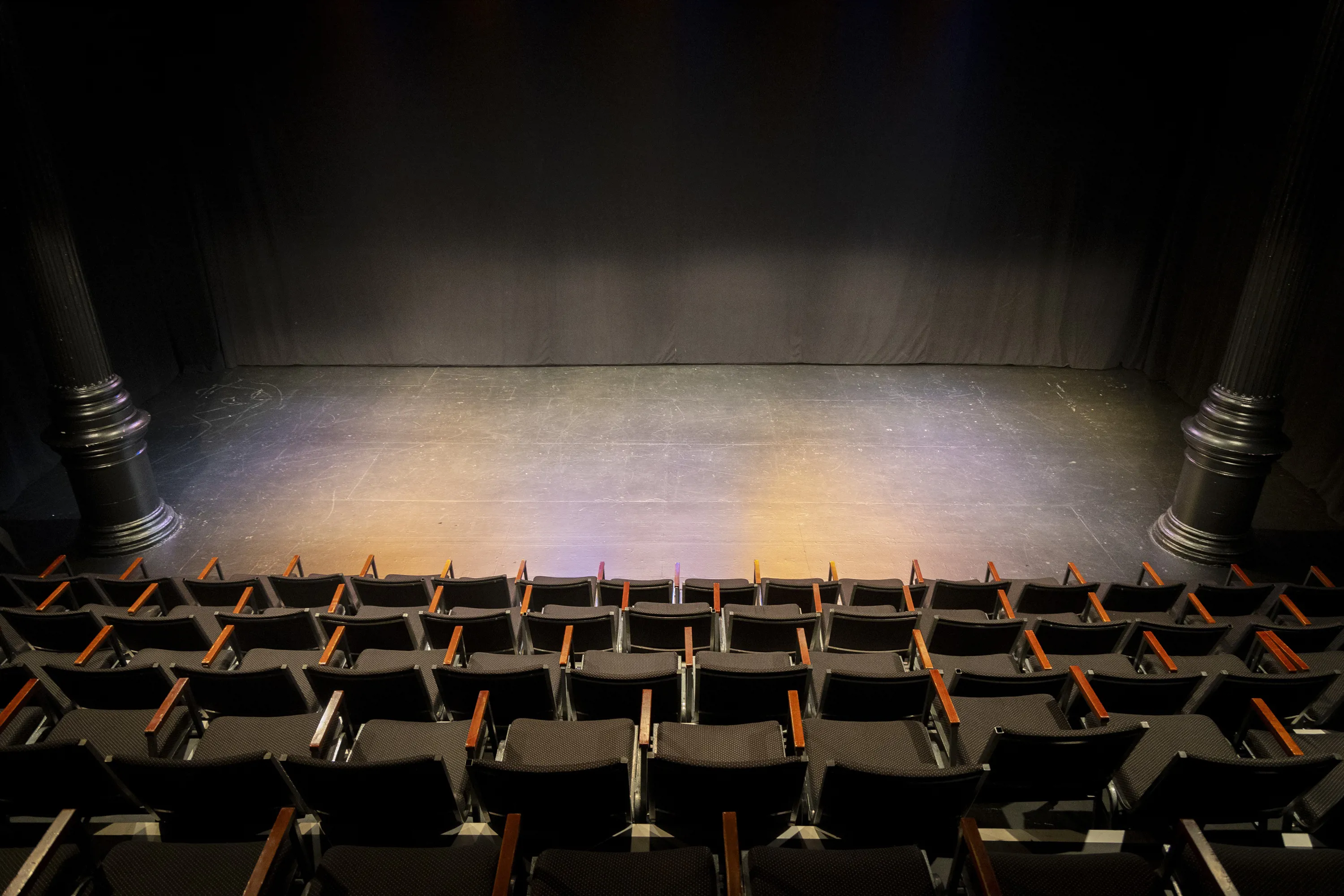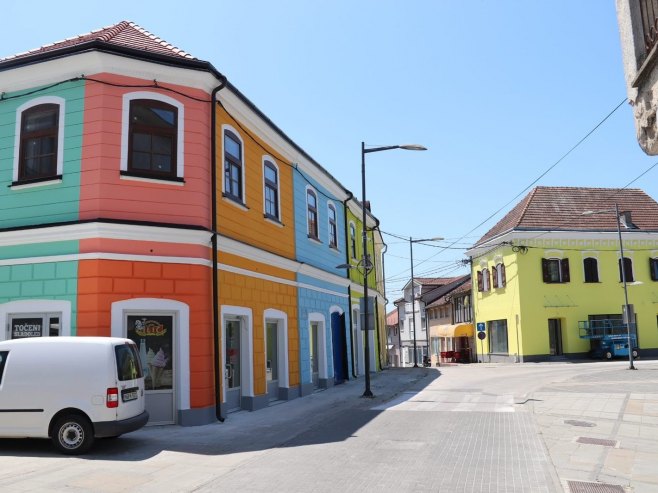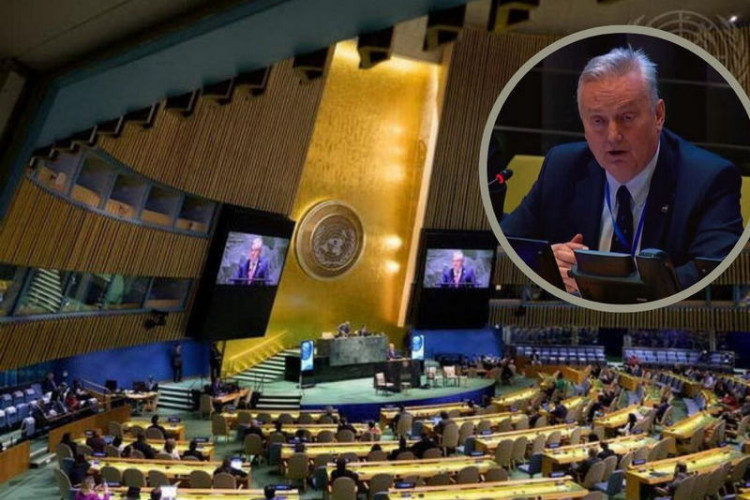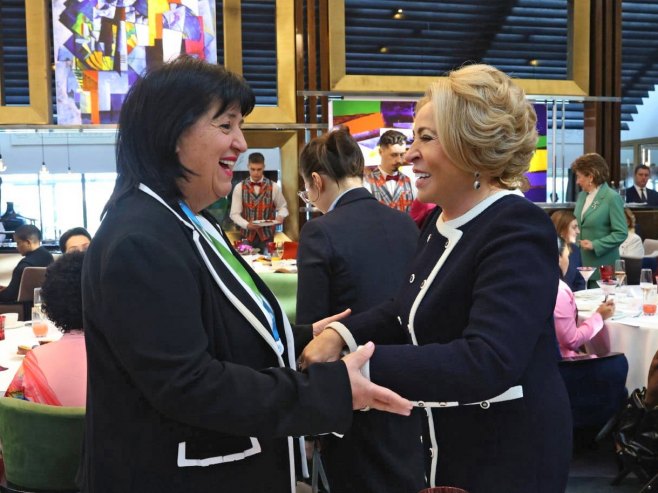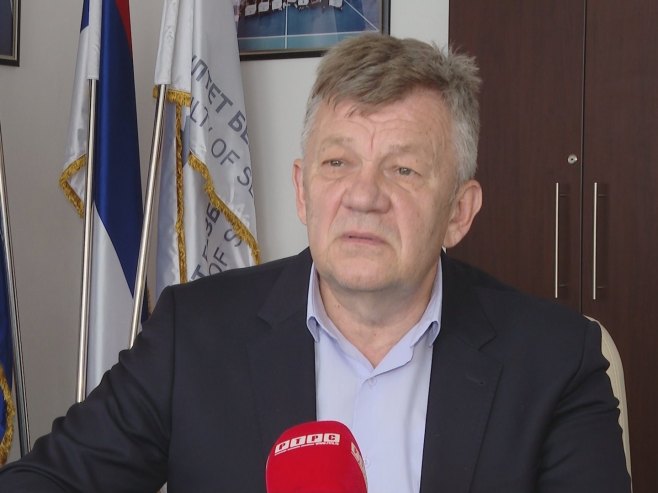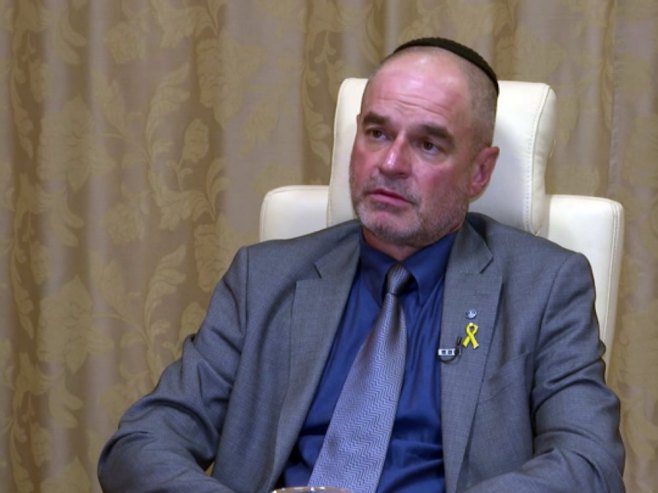Political processes often produce unexpected effects, especially when directed against leaders whose electorate is rooted in long-standing and stable political identification. The verdict against the President of Republika Srpska, Milorad Dodik, which triggered sharp public polarization and condemnation from parts of the international community, was—at least in the eyes of its initiators—supposed to mark the end of a political era. However, multiple waves of public opinion research conducted at different stages—both before and after the verdict—clearly show that the opposite occurred.
As someone who has had access to numerous findings from agencies conducting research for political parties, media outlets, and international actors, I can confirm that the political logic behind the indictment—that the process would politically disempower Dodik—missed its target. January and March, as two key reference points, clearly indicate that despite judicial pressure, Dodik managed not only to stabilize but also to consolidate his support. His lead over all opposition leaders in direct matchups is not only consistent but ranges between 10 and 17 percentage points—with no signs of decline.
Moreover, the perception that this is a political rather than a legal process is widespread, even among those who do not vote for the ruling party. Three-quarters of respondents share this view. Paradoxically, an additional circle of voters has formed around Dodik—people who may not share all of his political positions but believe that this process targeted a symbol of Republika Srpska rather than just a man, and that the attack is directed at institutions themselves.
This is precisely the key political gain—for by accusing the leader, his opponents have mobilized additional support for his role. Research does not indicate that citizens are willing to change course; on the contrary, it shows a high level of distrust toward the international community, which is perceived as politically biased, and toward the opposition, which has so far failed to present itself as an alternative, appearing instead as mere observers—or even accomplices—in a campaign of pressure.
Despite the noise, the opposition is realistically left with only the international factor as a hope for coming to power. Citizens do not recognize it as a force capable of winning elections. Their behavior in recent months—from the absence of a clear stance on the political process to increasingly open alignment with the expectations of international centers—has further distanced them from the electorate. Their support fluctuates around one-fifth of the population, without signs of significant growth.
Public sentiment toward the overall political scene also shouldn’t be overlooked. Surveys show that people are dissatisfied with the intensity of conflict and the general atmosphere, but within that dissatisfaction, they choose the side that demonstrates decisiveness and the ability to lead. At the moment, that side is solely Milorad Dodik’s.
In conclusion, those who expected the verdict against the President of Republika Srpska to mark his political downfall are now faced with the reality that they have produced the opposite effect. Not only has Dodik not weakened, but he has used his position during times of crisis to further strengthen both his support and symbolic capital. On the other hand, the opposition remains without a strategy, without initiative, and without grassroots backing. Unless someone from the outside installs them politically, they have no path to victory. And that, without a doubt, is the most accurate description of the current political reality in Republika Srpska.
Source: Banjaluka.net

